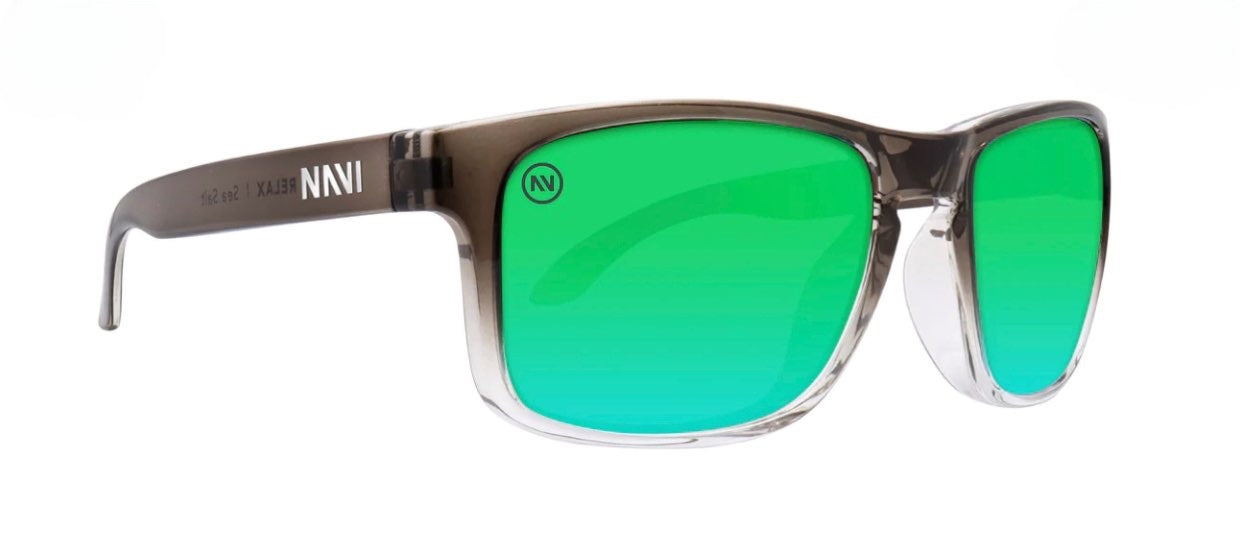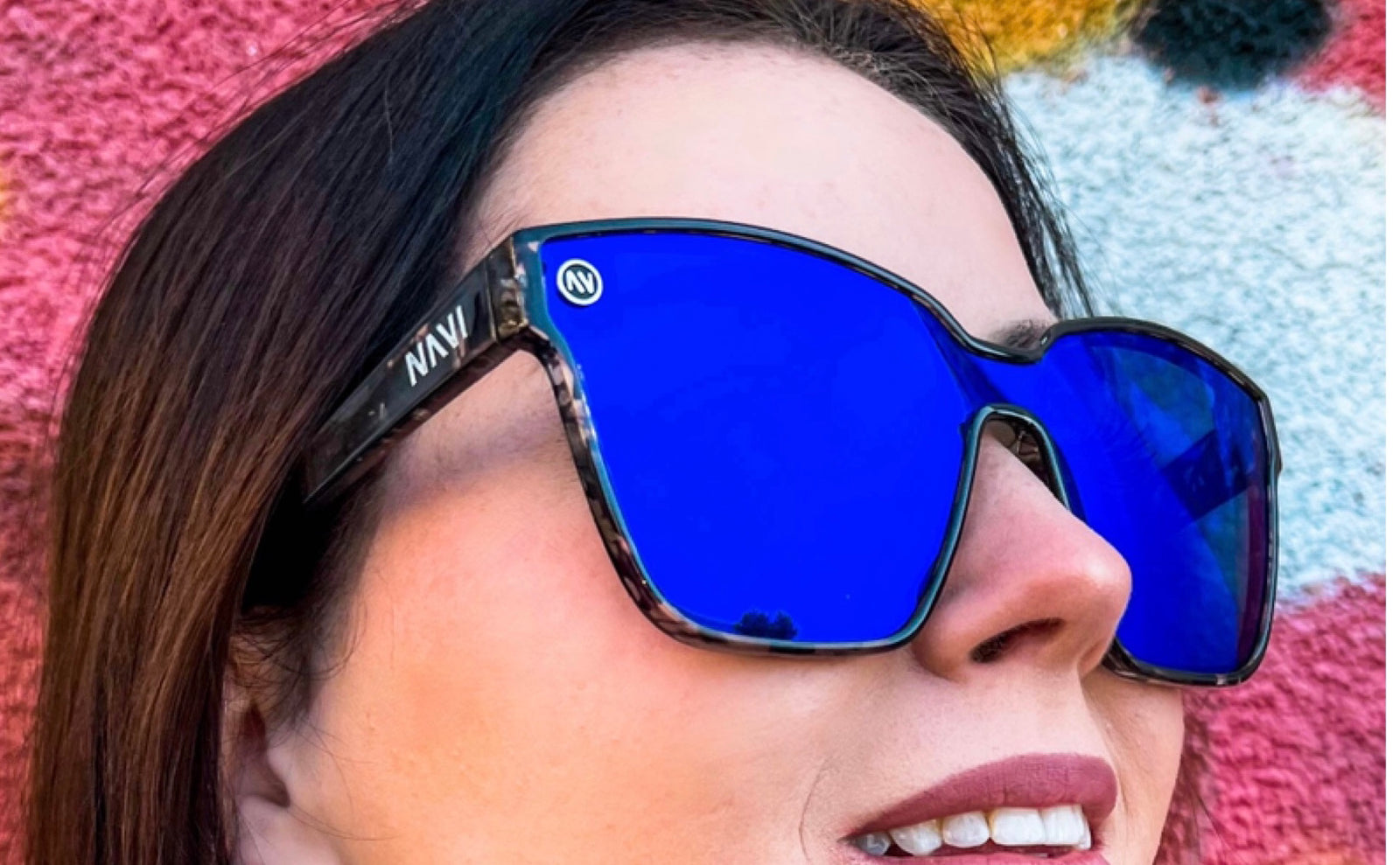When it comes to choosing sunglasses, most people focus on the frame and style. However, the color of the lenses is just as important as they affect the clarity, contrast, and perception of colors. With so many different lens colors available, it can be overwhelming to choose the right one. In this article, we will discuss how to choose the right lens color for your sunglasses.
Understanding Lens Tints
Before choosing the right lens color, it's important to understand the different types of lens tints available. The most common types of lens tints are:
Grey Lenses
Grey lenses are the most popular lens tint as they don't affect color perception and offer true color representation. They are great for bright sunny days and outdoor activities like fishing, driving, and water sports.
Brown/Amber Lenses
Brown or amber lenses enhance contrast and are great for outdoor activities like hiking, cycling, and golfing. They are also good for overcast days as they increase visibility in low light conditions.
Green Lenses
Green lenses offer high contrast and are great for activities like baseball, tennis, and golf. They also provide good color balance in bright and sunny conditions.
Yellow/Orange Lenses
Yellow or orange lenses are good for low light conditions as they increase contrast and depth perception. They are ideal for activities like shooting and skiing.
Rose/Pink Lenses
Rose or pink lenses offer good contrast and are good for low to moderate light conditions. They are ideal for activities like cycling and running.
Choosing the Right Lens Color
Choosing the right lens color depends on the type of activity and the lighting conditions. Here are some tips to help you choose the right lens color for your sunglasses:
Bright Sunny Days
If you're going to be outdoors on a bright sunny day, choose grey or green lenses as they offer true color representation and reduce glare.
Overcast Days
On overcast days, brown or amber lenses increase contrast and improve visibility in low light conditions.
Water Sports
If you're going to be on or near water, choose polarized lenses as they reduce glare and improve visibility in bright conditions. Grey or green lenses are also good for water sports.
Golfing
For golfing, choose brown or amber lenses as they enhance contrast and improve visibility on the green. Green lenses are also a good option.
Cycling
For cycling, choose rose or pink lenses as they offer good contrast and improve visibility in low to moderate light conditions.
Shooting
For shooting, choose yellow or orange lenses as they improve contrast and depth perception in low light conditions.
Other Considerations
Apart from the type of activity and lighting conditions, there are other factors to consider when choosing the right lens color for your sunglasses:
Skin Tone
Your skin tone can affect how different lens colors look on you. If you have a warm skin tone, brown or amber lenses may look better on you. If you have a cool skin tone, grey or green lenses may be a better option.
Prescription
If you wear prescription glasses, you can get prescription sunglasses with different lens colors. Consult your eye doctor to help you choose the right lens color for your prescription sunglasses.
Personal Style
Finally, consider your personal style when choosing the right lens color. Some lens colors may look better with certain outfits or may suit your personality better.
Conclusion
Choosingthe right lens color for your sunglasses can make a big difference in your outdoor activities. Consider the type of activity, lighting conditions, skin tone, prescription, and personal style when choosing the right lens color. With these tips, you can find the perfect lens color for your sunglasses.
FAQs
Can I wear any lens color for driving?
It's best to avoid very dark lenses while driving, as they can affect visibility. Grey or brown lenses are a good option for driving as they offer good contrast and color balance.
Can I wear polarized lenses for all activities?
While polarized lenses are great for reducing glare and improving visibility, they may not be suitable for certain activities like skiing or snowboarding. This is because they can affect depth perception on uneven surfaces.
Do lens colors affect UV protection?
No, the color of the lens does not affect UV protection. However, it's important to choose sunglasses with 100% UV protection, regardless of the lens color.
What lens color is best for water sports?
Polarized lenses are the best option for water sports as they reduce glare and improve visibility in bright conditions. Grey or green lenses are also a good option.
Can I switch out lenses on my sunglasses?
Some sunglasses come with interchangeable lenses, which allow you to switch out the lenses depending on the activity and lighting conditions. Check with the manufacturer to see if your sunglasses are compatible with interchangeable lenses.




